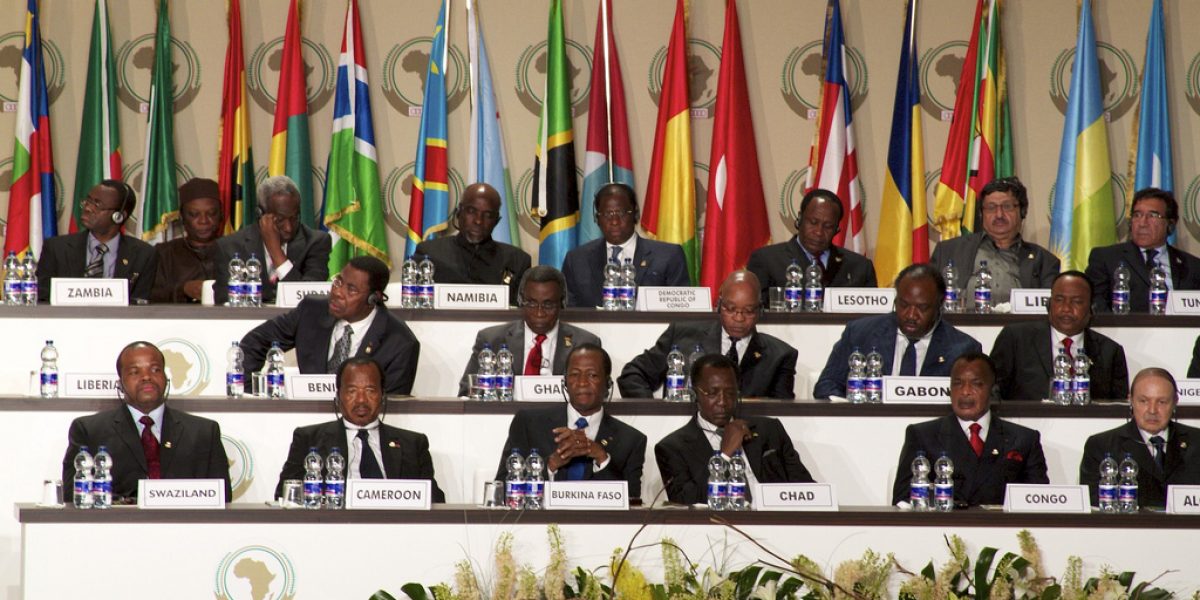And this conduct has served to jeopardise the country’s hard-earned moral authority on the global stage and within the continent. The report was heavily edited to remove or marginalise important governance problems. Useful public suggestions for improvements to governance were ignored, and although the public was told it would be consulted through a citizen survey, that survey was badly handled.
Fixated on doing APRM faster than anyone else, government proved unwilling to delay the process to take on board what citizens had to say. Government’s own record-keeping shows it insisted on pressing on with the self-assessment report, even though seven of nine provinces failed to submit their reports or citizen surveys by the deadline.
Under the APRM process, the country first analyses itself with broad civil society input. Then it develops a programme of action (POA) to address any governance problems identified. Next, a team of experts led by the APRM Panel of Eminent Persons studies the POA and self-assessment and conducts its own in- depth review. The experts write a final report, which makes recommendations to bring the country up to African standards.
Last June, South Africa produced a very superficial POA that said almost nothing about how the nation would address its biggest problems. For the nation with by far the most robust policy research capacity on the continent, it was a sorry effort. The panel and team of experts did a far more in-depth analysis and resuscitated many recommendations made by civil society that had been removed from the final country self-assessment. By my count, the panel made some 180 recommendations (the Sunday Times reported 150).
That is the background. Today, two vital issues of principle are at stake, which ought to result in the South African report being rejected by both citizens and the African Union. Under the memorandum of understanding that South Africa signed in acceding to the review, it pledged to do two crucial things: consult citizens in developing the POA and take action to address the recommendations put to it in the process.
Government openly refuses to consult and very senior APRM sources say that it also refuses to accept the bulk of the recommendations. The South African NGO Coalition (Sangoco) and the Congress of South African Trade Unions — both members of the APRM National Governing Council — have complained that the government refuses to consult on the programme of action.
The controversy was covered in almost comic fashion on SABC3’s Interface last Sunday night. Public Service and Administration Minister Geraldine Fraser-Moleketi refused to let Sangoco’s Hassen Lorgat speak an uninterrupted sentence as he sought to make the organisation’s case that the panel’s recommendations were fundamental — and that it was contrary to both the rules and promises made to citizens to refuse to discuss the programme of action.
Despite its obligations to do so under the APRM rules, government has not shown the revised POA to the governing council or subjected it to debate. The government line is that civil society was consulted 11 months ago and, presumably, the same consultation applies for all time regardless of what is changed later.
South Africa’s official response in January seemed to crystallise negative perceptions. It was interpreted in APRM circles as an assertion that African experts don’t know what they are talking about and shouldn’t tell South Africa what to do. Sources in the process say that President Mbeki wants to withdraw the country’s official response and submit a new one.
But the damage has been done. Since South Africa is a continental leader and founder of APRM, its position raises questions about the credibility of the entire peer review system. Unfortunately, our government seems incapable of admitting that mistakes were made.
If that denial continues, Sangoco and Cosatu will disown the process and history will say South Africa made a mess of the APRM.








